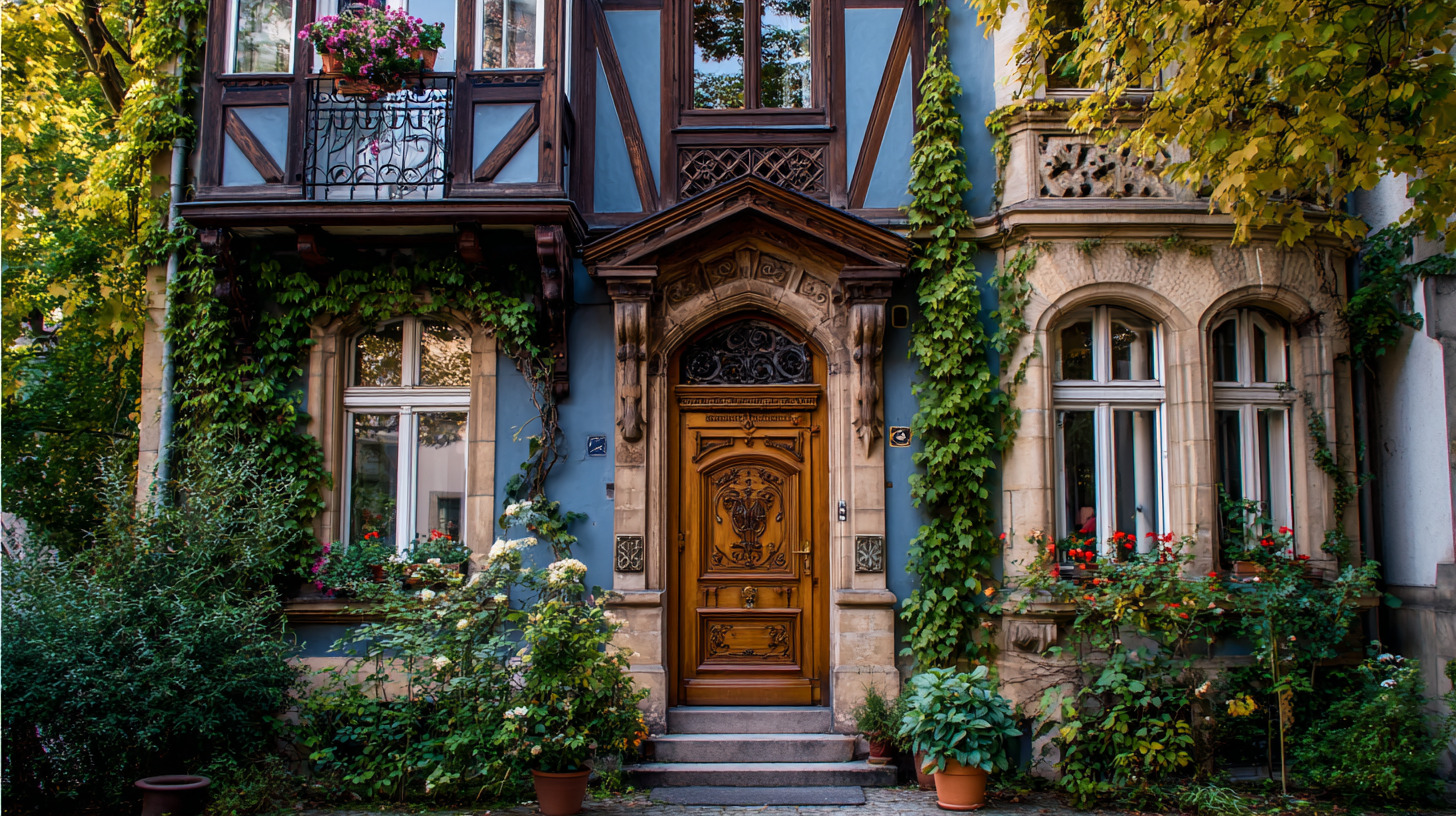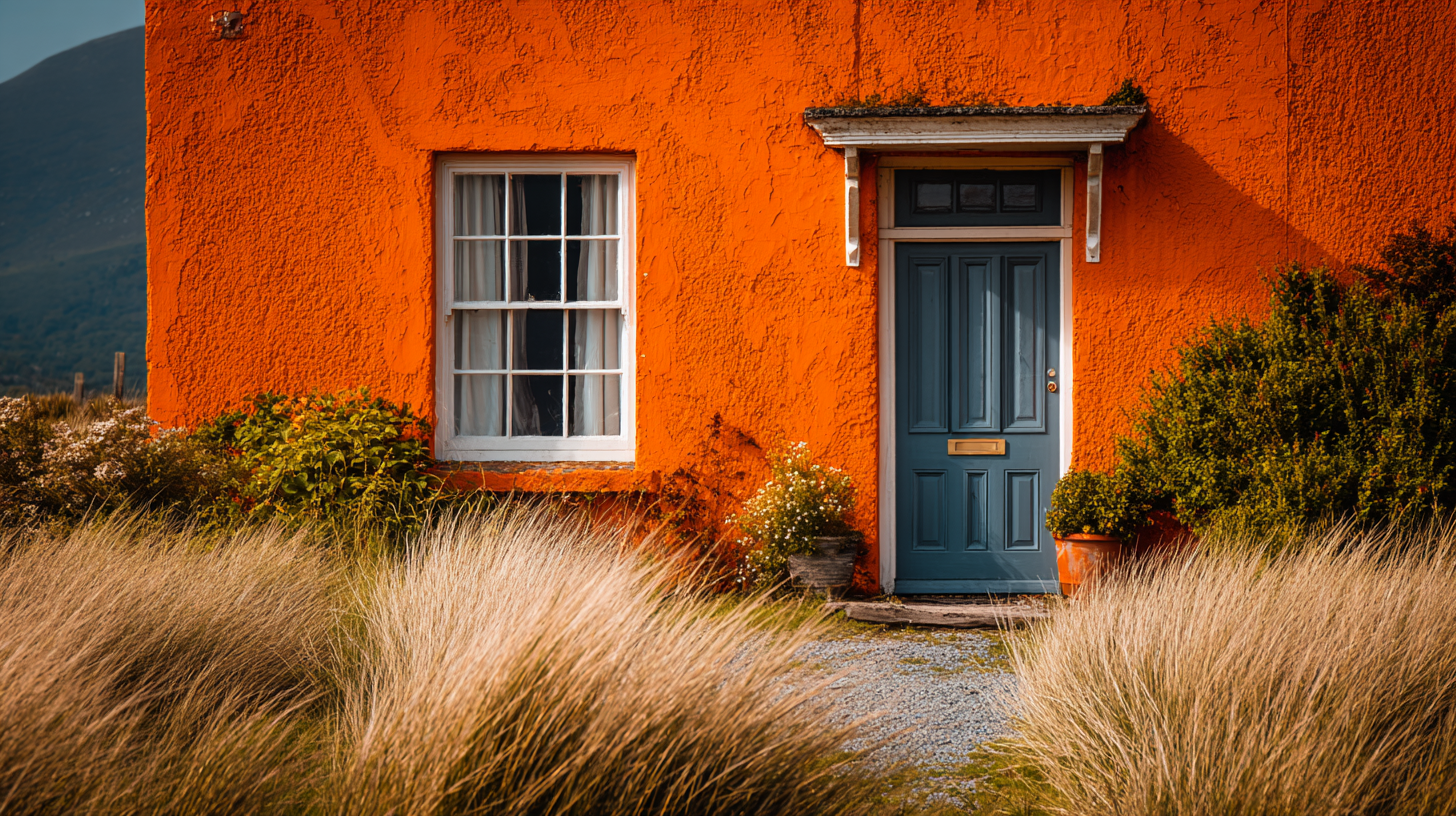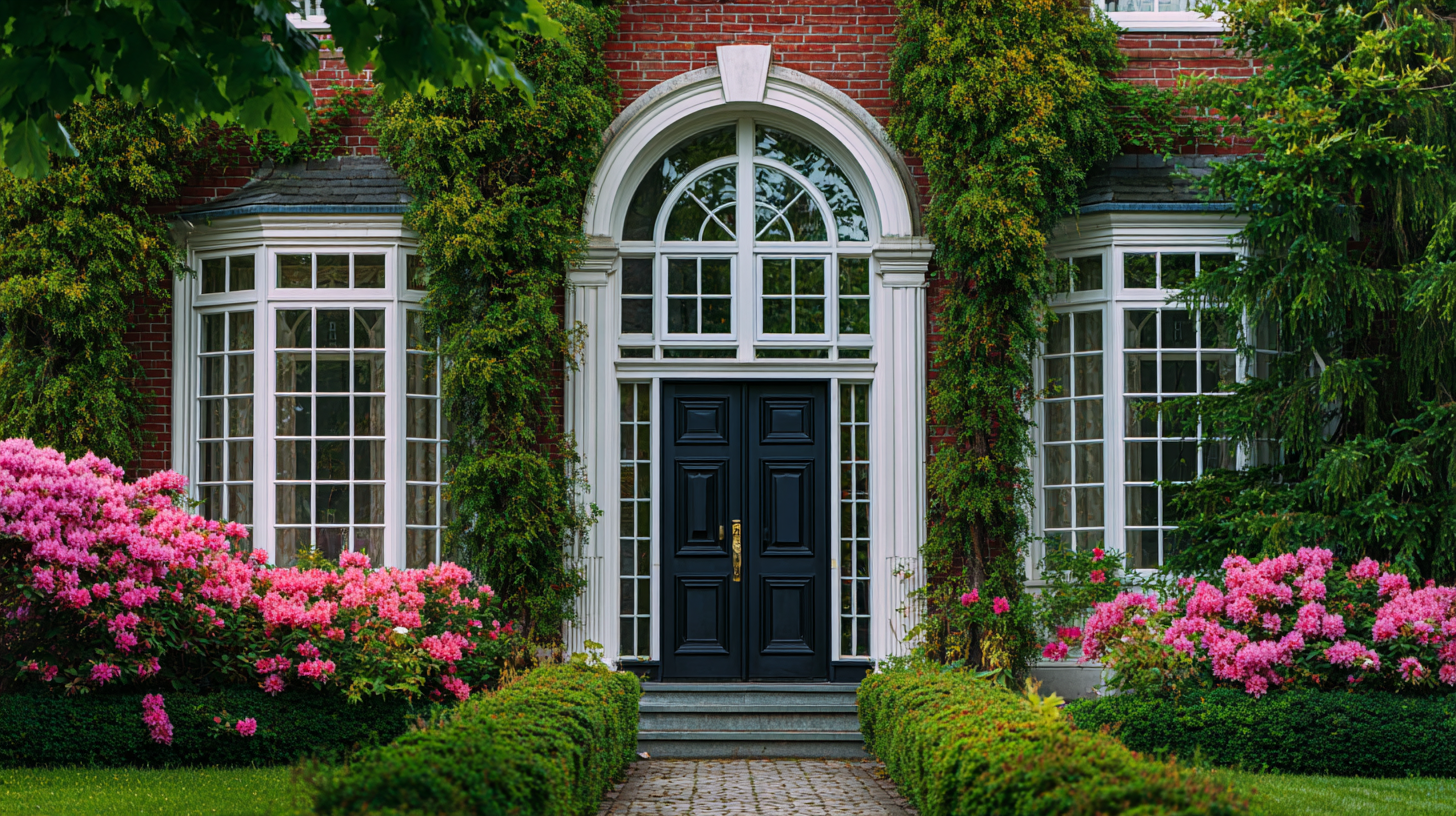Choosing the right windows and doors for your home is not just a matter of aesthetics; it significantly impacts energy efficiency, security, and overall property value. According to the National Association of Home Builders, approximately 80% of homeowners indicate that energy efficiency is a key factor when selecting windows and doors, with high-performance models reducing energy costs by 12% or more annually. Furthermore, a well-designed entry door can increase a home’s perceived value by up to 10%, making the investment crucial for both comfort and marketability.

When it comes to choosing the right windows for your home, understanding the different types is essential. Each style offers unique benefits and aesthetics that can enhance your home's overall look and energy efficiency. From traditional double-hung windows that provide excellent ventilation to sleek casement windows that offer unobstructed views, it's important to consider both functionality and design.
**Tip:** Before making a purchase, assess your home’s architectural style. For instance, modern homes may benefit from large picture windows that invite natural light, while colonial-style estates might look best with more traditional sashes.
In addition to style, the material of your windows plays a critical role in longevity and maintenance. Vinyl windows are popular for their affordability and low upkeep, while wood windows offer a classic touch but require regular maintenance to prevent rot.
**Tip:** Think about your local climate when selecting materials. In areas with extreme weather, opt for windows with higher energy efficiency ratings to save on heating and cooling costs.
This chart illustrates the popularity of different types of windows based on their percentage usage in residential buildings. The most popular type is the Picture window, followed by Double-Hung and Casement windows. Understanding these types can help homeowners make informed choices when selecting windows for their homes.
When selecting doors for your home, the choice of materials plays a pivotal role in both aesthetics and performance. According to the International Door Association, nearly 75% of homeowners prioritize energy efficiency when choosing doors, as well-insulated doors can significantly reduce heating and cooling costs. For instance, a fiberglass door can offer an R-value of up to 18, providing excellent insulation against outdoor temperatures. This choice not only enhances comfort but also contributes to lower energy bills, making it a smart investment in the long run.
Moreover, the durability of door materials is essential for long-term satisfaction. A report from the American Architectural Manufacturers Association indicates that steel doors, while less visually appealing than wood, boast a lifespan of over 30 years, significantly outlasting their wooden counterparts, which typically last around 15-20 years with proper maintenance. Additionally, steel doors are less prone to warping and damage from the elements, making them ideal for areas with extreme weather conditions. Therefore, understanding the benefits and characteristics of various door materials can guide homeowners in making informed decisions that align with their needs and preferences.

When it comes to selecting windows and doors for your home, energy efficiency should be a top priority. According to the U.S. Department of Energy, up to 30% of a home's heating and cooling energy can be lost through inefficient windows and doors. Thus, features like thermal insulation, low-emissivity (Low-E) coatings, and gas fills (such as argon or krypton) can significantly enhance energy efficiency. Double or triple glazing is also recommended as it provides better insulation compared to single-pane options, reducing energy costs in the long run.

Tips: Look for the ENERGY STAR label when selecting windows and doors, as this certification ensures they meet stringent energy efficiency guidelines. Additionally, consider the Frame Material; for instance, fiberglass frames perform better over time than wood or vinyl in terms of energy retention.
Another key aspect to consider is the installation process. Proper installation can enhance performance—according to the National Fenestration Rating Council, improperly installed windows can lead to energy loss, regardless of how energy-efficient the product is. Engaging professional installers who understand air sealing and insulation techniques will ensure maximum energy savings.
Tips: Always request a detailed installation plan from your contractor, and check their references to ensure they have experience with energy-efficient windows and doors.
When selecting windows and doors for your home, aesthetic appeal plays a crucial role in enhancing the overall design. Choosing styles that harmonize with your home's architectural features can significantly elevate its visual impact. For instance, a classic Victorian home may benefit from elegant double-hung windows adorned with intricate trim, while a modern minimalist residence might shine with sleek, frameless glass doors that create a seamless indoor-outdoor transition. It's important to consider not just the shapes and styles, but also the materials and colors that best resonate with your existing design scheme.
Moreover, in addition to style, the scale of your windows and doors can contribute to the aesthetic balance of your home. Oversized windows can flood a space with natural light and offer expansive views, making them ideal for contemporary designs. In contrast, smaller, more traditional windows can add charm and character to a classic facade. Pay attention to proportions and alignment; ensuring that your windows and doors line up with the home's lines will create a cohesive look. Ultimately, choosing windows and doors that reflect your personal style while fitting seamlessly into your home's design will transform your space into a true reflection of your taste.
When budgeting for windows and doors, it's essential to consider various cost-effective options that fit your financial plan without compromising quality. According to recent industry reports, the average cost of window replacement ranges from $300 to $1,000 per window, depending on materials and sizes. Similarly, door installations can vary widely, with typical costs around $500 to $2,500, influenced by the design and type. These price ranges reveal that with careful selection and planning, homeowners can achieve a stylish and functional upgrade within their budget.
To make the most of your investment, it’s critical to focus on long-term benefits such as energy efficiency. Reports indicate that quality windows can significantly reduce heating and cooling costs by up to 25%. Furthermore, opting for energy-efficient models may qualify you for tax credits, enhancing the overall value of your purchase. By weighing initial costs against potential savings, you can create a strategic plan that not only enhances your home’s aesthetic appeal but also boosts its market value in the long run.






Leave your projects details, and one of our team will reach out to answer any questions you may have